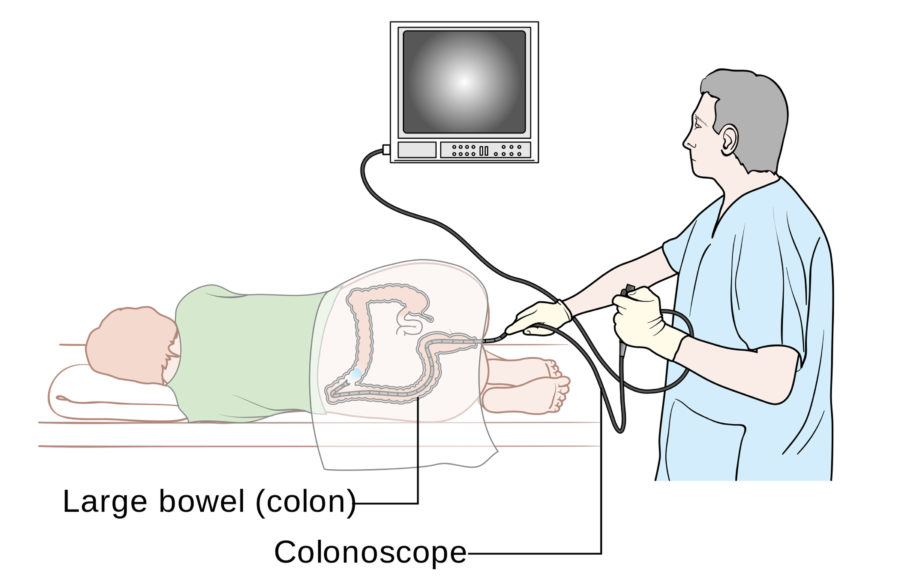Colon cancer remains a significant health issue requiring proactive measures for prevention. Early diagnosis and intervention can play a role in reducing the impact of the disease. Among the available tools, colonoscopy stands out as an effective procedure for assessing colon health and detecting abnormalities. Explore the procedure, its benefits, and its role in maintaining digestive health.
What Is a Colonoscopy?
A colonoscopy is a medical procedure that allows for the detailed visualization of the colon and rectum using a specialized device called a colonoscope. The instrument is a flexible tube equipped with a light and a camera, providing a magnified view of the intestinal lining. The process is typically performed under sedation and takes approximately 30 minutes. Beyond visual assessment, the procedure also enables the collection of tissue samples and the removal of polyps, which are abnormal growths on the colon lining. Regular colonoscopies are beneficial for maintaining overall colon health, particularly as individuals age or if certain risk factors are present.
What Are the Key Benefits of a Colonoscopy?
Colonoscopy is a procedure that offers numerous health benefits, particularly for maintaining colon and digestive health. Here are the key advantages:
- Early Detection of Polyps and Cancerous Growths: Detects polyps and early-stage cancers, providing the opportunity for effective treatment before they progress.
- Preventative Measure Against Colon Cancer: Removes polyps before they become malignant, significantly reducing the risk of advanced-stage colon cancer.
- Comprehensive Evaluation of Colon Health: Provides a thorough assessment of colon health, identifying abnormalities that may not have noticeable symptoms.
- Detection of Other Gastrointestinal Issues: Helps diagnose conditions such as inflammatory bowel disease, ulcers, and blockages, which helps support overall digestive health.
- Reduced Risk of Advanced-Stage Colon Cancer: Through early detection and treatment, it lowers the likelihood of developing severe complications from advanced cancer stages.
Who Should Get a Colonoscopy?
Colonoscopy is frequently recommended for individuals aged 45 and older as part of routine health care. For those with a higher risk of colorectal cancer, such as individuals with a family history of the disease, earlier screenings may be advised. People with a previous diagnosis of colon polyps may also need earlier screenings. Anyone experiencing symptoms like rectal bleeding, chronic abdominal pain, or changes in bowel habits should consult their healthcare provider. This will help determine if a diagnostic colonoscopy is needed.
What Is a Digestive Disease Specialist?
A digestive disease specialist is a medical expert in gastrointestinal health. They focus on diagnosing and treating conditions affecting the digestive system. These specialists perform procedures such as colonoscopies and use advanced technology to evaluate and address a wide range of digestive issues. With a commitment to precision and personalized care, they develop tailored treatment plans to improve patient outcomes and overall digestive health.
Take Control of Your Colon Health
Colonoscopy is a beneficial tool for maintaining colon health, allowing early detection, prevention, and effective management of potential conditions. Regular screenings are beneficial for reducing the risk of colon cancer and promoting overall digestive health. To take a proactive step in your health, consult with a digestive disease specialist. Schedule your appointment today.









Leave a Reply